Home>Home Maintenance>How To Schedule A Home Inspection


Home Maintenance
How To Schedule A Home Inspection
Modified: March 6, 2024
Learn how to schedule a thorough home inspection for proper home maintenance. Ensure your property is in top condition with professional inspection services.
(Many of the links in this article redirect to a specific reviewed product. Your purchase of these products through affiliate links helps to generate commission for Storables.com, at no extra cost. Learn more)
Introduction
Welcome to your ultimate guide on how to schedule a home inspection. Whether you are a first-time homebuyer, a savvy real estate investor, or a homeowner planning to sell your property, understanding the importance of a home inspection is crucial. A home inspection provides a comprehensive assessment of a property’s condition, helping you make informed decisions and ensuring your investment is protected.
Having a qualified home inspector thoroughly evaluate your property can reveal potential issues that may not be visible to the untrained eye. From electrical and plumbing systems to the structural integrity of the building, a home inspection covers a wide range of components in order to provide you with a clear picture of the property’s condition. This information is vital for negotiating repairs, adjusting the purchase price, or simply gaining peace of mind about your home.
In this guide, we will walk you through the process of scheduling a home inspection, finding a qualified inspector, preparing for the inspection, and understanding the inspection report. By following these steps, you can ensure a smooth and successful home inspection experience.
So, let’s dive in and explore the world of home inspections!
Key Takeaways:
- Scheduling a home inspection is crucial for understanding a property’s condition and making informed decisions. It helps identify safety hazards, evaluate the property’s condition, and gives negotiating power.
- Finding a qualified home inspector, preparing for the inspection, and understanding the inspection report are essential steps for a successful home inspection. It empowers you to prioritize repairs and protect your investment.
Read more: How To Schedule Home Inspection In Cleveland
Importance of Home Inspections
Home inspections play a vital role in the home buying and selling process. They provide buyers with valuable insights into the condition of a property and can help uncover potential issues that may require attention. Here are some key reasons why home inspections are important:
- Identifying Safety Hazards: A home inspection can detect safety hazards such as faulty electrical wiring, mold growth, or structural weaknesses. Knowing about these hazards allows you to address them promptly, ensuring the safety of you and your family.
- Evaluating the Condition of the Property: Home inspections provide an objective evaluation of a property’s condition. Inspectors thoroughly examine the structural components, electrical and plumbing systems, HVAC units, roofing, and more. This evaluation helps you understand the overall state of the property and any potential maintenance or repair needs.
- Negotiating Power: If the inspection reveals issues that require repairs, you can use this information to negotiate with the seller. Depending on the severity of the issues, you may request repairs or a reduction in the purchase price to account for the repairs needed.
- Forecasting Future Costs: By understanding the condition of the property, you can anticipate any future maintenance or repair costs. This information is critical for budgeting and planning for the long-term care and maintenance of the property.
- Protecting Your Investment: A home is one of the most significant investments you’ll make in your lifetime. A thorough inspection helps ensure that you are making an informed decision and investing in a property that is worth its value.
Whether you are buying or selling a home, a professional home inspection should be a top priority. It provides peace of mind and allows you to make informed decisions based on the true condition of the property. By addressing any issues identified during the inspection, you can prevent potentially costly surprises down the road and maintain the value of your investment.
Finding a Qualified Home Inspector
When it comes to scheduling a home inspection, finding a qualified and experienced home inspector is essential. Here are some tips to help you find the right professional for the job:
- Get Recommendations: Start by asking your friends, family, or real estate agent for recommendations. Word-of-mouth referrals can often lead you to reputable home inspection professionals who have provided satisfactory services in the past.
- Check Credentials: Ensure that the home inspector is licensed and certified. Look for affiliations with professional organizations such as the American Society of Home Inspectors (ASHI) or the International Association of Certified Home Inspectors (InterNACHI). These credentials demonstrate the inspector’s commitment to maintaining industry standards and continuing education.
- Review Online Reviews: Search online platforms or review websites to gather feedback and reviews from previous clients. Reading about other people’s experiences can help you assess the inspector’s professionalism, expertise, and attention to detail.
- Ask for Sample Reports: Request sample inspection reports from prospective inspectors. A comprehensive and easy-to-understand report is crucial for you to understand the findings of the inspection clearly. Make sure the report includes photographs and descriptions of any issues identified.
- Interview Multiple Inspectors: It’s a good idea to interview multiple inspectors before making your final decision. Ask about their experience, the breadth of services they offer, and their approach to conducting inspections. A face-to-face or phone conversation can help you gauge their communication skills and professionalism.
- Inquire About Insurance: Make sure the inspector carries errors and omissions (E&O) insurance. This insurance protects both you and the inspector in case of any errors or omissions that may occur during the inspection process.
- Get a Written Contract: Once you’ve chosen a home inspector, ensure you have a written contract detailing the scope of the inspection, the timeframe, and the cost. It’s essential to have a clear understanding of the services being provided and the associated fees.
By following these steps, you can find a qualified home inspector who meets your needs and provides a thorough assessment of your property. Remember, the quality of the inspection directly impacts the accuracy of the information you receive, so take the time to choose wisely.
Preparing for the Home Inspection
Preparing your home for a inspection can help ensure a smooth and efficient process. Here are some steps you can take to prepare for a home inspection:
- Clean and Declutter: Before the inspection, tidy up your home and remove any clutter that may impede the inspector’s access to various areas. This includes clearing away obstacles in the basement, attic, and crawlspace.
- Provide Access: Ensure that all areas of the house, including the attic, basement, garage, and crawlspaces, are accessible to the inspector. Remove any personal belongings that may obstruct access or prevent a thorough inspection.
- Check the Exterior: Trim any overgrown vegetation, clear debris from gutters, and repair any damaged siding or roofing. The inspector will assess the exterior elements of your home, so it’s essential to make sure they are in good condition.
- Test All Systems: Verify that all major systems in your home, such as electrical, plumbing, and HVAC, are in working order. Replace any burnt-out light bulbs, clean filters, and fix any minor issues that you are aware of.
- Provide Documentation: Gather any documentation related to recent repairs, renovations, or upgrades you have made to the property. This information can be valuable for the inspector and provide a better understanding of the condition of your home.
- Make Utilities Accessible: Ensure that the inspector can easily access water, electric, and gas meters. If necessary, provide keys or unlock any gates to utility boxes or crawlspaces.
- Be Present: While it’s not mandatory for you to be present during the inspection, being available to answer any questions the inspector may have can be beneficial. You can also gain valuable insights by accompanying the inspector during the process.
- Prepare a List of Concerns: If you have any specific concerns or areas of the property you want the inspector to pay extra attention to, make a list and share it with them at the beginning of the inspection.
By following these preparations, you can ensure that your home inspection goes smoothly and efficiently. This will allow the inspector to thoroughly assess your property and provide you with a comprehensive report on its condition.
What to Expect During the Home Inspection
During a home inspection, a qualified inspector will thoroughly evaluate the various components of your property to assess its condition. Here’s what you can expect during the home inspection process:
- Exterior Assessment: The inspector will start by examining the exterior of the property, including the roof, gutters, siding, foundation, and landscaping. They will look for signs of damage, improper installation, or any areas that may require repairs.
- Interior Inspection: The inspector will assess each room of the house, checking for any structural issues, water damage, or visible signs of problems. They will inspect the walls, ceilings, windows, doors, and flooring, ensuring everything is in good condition.
- Plumbing and Electrical Systems: The inspector will examine the plumbing system, including pipes, fixtures, and water heaters. They will also test faucets, inspect drains, and check for leaks. Similarly, they will assess the electrical system, inspecting wiring, outlets, switches, and circuit breakers.
- Heating, Ventilation, and Air Conditioning (HVAC): The HVAC system will be thoroughly inspected, including the heating and cooling units, ductwork, and filters. The inspector will check for proper functioning, maintenance requirements, and potential efficiency issues.
- Basement, Attic, and Crawlspaces: These areas will be inspected for proper insulation, ventilation, moisture issues, and signs of pests. The inspector will assess the overall condition and identify any areas that may require attention.
- Appliances and Fixtures: Built-in appliances such as stoves, dishwashers, and refrigerators, as well as bathroom fixtures, will be inspected for normal operation. The inspector will check for leaks, functional issues, and potential safety hazards.
- Documenting Findings: Throughout the inspection, the inspector will document their findings, take photographs, and make detailed notes. This information will be compiled into a comprehensive inspection report for your reference.
During the inspection, it’s essential to remember that the inspector’s role is to identify existing problems or potential issues that may require attention. They are not there to provide estimates for repairs or recommend specific contractors. However, they can offer general guidance on maintenance and provide suggestions regarding further specialized inspections if necessary.
After the inspection is complete, the inspector will provide you with a detailed report that outlines their findings. This report will help you make informed decisions regarding the property, including negotiating repairs or adjusting your offer price, if needed.
Remember, a home inspection is a valuable opportunity to gain insights into the condition of the property and ensure your investment is sound. By understanding what to expect during the process, you can prepare yourself for a thorough evaluation of your potential new home.
When scheduling a home inspection, be sure to choose a certified and experienced inspector. Ask for references and check their credentials to ensure a thorough and reliable inspection.
Common Areas of Inspection
During a home inspection, various areas of the property will be carefully assessed to evaluate their condition. Here are the common areas that inspectors typically examine:
- Roof: The inspector will inspect the roof for any signs of damage, such as missing or damaged shingles, leaks, or improper installation. They will also assess the condition of the chimney, flashing, and gutter system.
- Foundation: The foundation is a crucial component of a property, and inspectors will look for any signs of cracks, settlement issues, or water damage. They will evaluate the structural integrity and stability of the foundation.
- Exterior Walls: The inspector will examine the exterior walls for any signs of damage, such as cracks, rot, or moisture issues. They will also check for proper insulation and any potential issues with the siding or stucco.
- Plumbing System: Inspectors will evaluate the plumbing system, including pipes, fixtures, drains, and water supply. They will check for leaks, water pressure issues, proper drainage, and any visible signs of plumbing problems.
- Electrical System: Inspectors will assess the electrical system, including the wiring, outlets, switches, and circuit breakers. They will ensure that everything is properly grounded, identify any safety hazards, and check for any electrical code violations.
- Heating and Cooling Systems: The HVAC system, including the furnace, air conditioner, and ductwork, will be evaluated for proper functioning and maintenance. Inspectors will check for any potential issues that may affect the efficiency or safety of the system.
- Attic and Insulation: The attic will be inspected for proper insulation, ventilation, and signs of water damage or pest infestation. Inspectors will check for any insulation gaps or degradation that may impact energy efficiency.
- Basement and Crawlspaces: These areas will be inspected for signs of water intrusion, moisture problems, structural issues, and pest infestation. Inspectors will assess the overall condition of these spaces, including the flooring, walls, and foundation.
- Windows and Doors: Inspectors will evaluate the condition of windows and doors, checking for proper operation, seals, and any signs of damage or decay. They will also assess the quality of locks and security measures.
- Appliances and Fixtures: Built-in appliances such as stoves, ovens, dishwashers, and bathroom fixtures will be tested to ensure they are in working order. Inspectors will check for any potential safety hazards or functional issues.
These are just some of the common areas that inspectors focus on during a home inspection. Each inspection may vary depending on the property’s unique features and your specific concerns. It’s important to remember that a home inspection is a thorough evaluation of the property’s condition and should provide you with valuable insights to make informed decisions about your investment.
Reporting and Recommendations
After completing the home inspection, the inspector will provide you with a detailed report outlining their findings and recommendations. Here’s what you can expect from the reporting process:
- Comprehensive Inspection Report: The inspector will prepare a comprehensive report that summarizes their findings during the inspection. The report will typically include detailed information about the property’s condition, including any issues identified, potential safety hazards, and recommended actions.
- Photographs and Descriptions: The report may include photographs and descriptions of areas of concern or observed defects. These visual aids can help you better understand the inspector’s observations and provide evidence for any negotiation or repair requests.
- Prioritization of Issues: The report may prioritize identified issues based on their severity and potential impact. This can help you understand which problems require immediate attention and which ones can be addressed over time.
- Recommendations for Further Evaluation: In some cases, the inspector may recommend additional specialized inspections by professionals such as structural engineers, electricians, or HVAC technicians. These recommendations help ensure a thorough assessment of specific areas of concern.
- Suggestions for Maintenance and Repairs: The inspector may provide you with suggestions for routine maintenance tasks that can help prevent potential issues or deterioration over time. They may also offer recommendations for repairs or improvements to enhance the safety, functionality, or energy efficiency of the property.
- Estimates for Repairs: While the inspector is not typically responsible for providing repair estimates, they may be able to provide rough estimates based on their expertise. However, it’s recommended to consult with professionals in each specific field to obtain accurate quotes for any necessary repairs.
After receiving the inspection report, take the time to review it thoroughly. Identify any major issues or safety concerns that may require immediate attention. It’s important to consult with your real estate agent or attorney to understand the options available to address these concerns, such as requesting repairs from the seller or negotiating a reduction in the purchase price.
Keep in mind that no house is perfect, and there may be some minor issues identified during the inspection. The report serves as a valuable tool to help you make informed decisions and prioritize repairs or improvements once you take ownership of the property.
Remember, the inspection report is a crucial document to help you protect your investment and ensure the long-term well-being of your home. Use it as a reference to guide your decision-making and as a blueprint for future maintenance and repairs.
Understanding the Home Inspection Report
Once the home inspection is complete, the inspector will provide you with a detailed report summarizing their findings. Understanding the home inspection report is vital for making informed decisions about the property. Here are some key points to consider when reviewing the report:
- Structure and Components: The report will outline the condition of the property’s structure, including the foundation, walls, roof, and other components. It will indicate any areas of concern, such as cracks, water damage, or signs of instability.
- Systems and Utilities: The report will assess the condition of the electrical, plumbing, heating, cooling, and ventilation systems. It will highlight any issues or deficiencies that may affect their performance or safety.
- Appliances and Fixtures: The report will detail the condition of built-in appliances and fixtures, including stoves, dishwashers, and bathroom fixtures. It will indicate any malfunctions, safety concerns, or recommended repairs.
- Health and Safety: The report will identify any potential health and safety hazards, such as electrical hazards, mold growth, or fire hazards. It will emphasize the importance of addressing these issues promptly.
- Major and Minor Issues: The report may categorize issues as major or minor. Major issues typically require immediate attention and can pose significant risks or expenses if left unaddressed. Minor issues may be cosmetic or minor maintenance concerns that can be addressed over time.
- Recommendations: The report will offer recommendations for repairs, maintenance, or further evaluation by professionals. It may suggest consulting with specialists, such as electricians or structural engineers, for a more in-depth assessment of specific areas of concern.
- Clarification: If any part of the report is unclear or you have questions about the inspector’s findings, don’t hesitate to seek clarification. The inspector should be able to explain their observations and provide additional information to help you understand the report fully.
When reviewing the home inspection report, it’s important to remember that no property is perfect, and there may be some identified issues. Focus on understanding the significance of each item and prioritize repairs or negotiations accordingly. Consult with professionals to obtain accurate repair estimates and assess the potential impact on your budget.
The home inspection report serves as a critical document for negotiation and decision-making during the home buying or selling process. Use it as a roadmap to guide repairs, maintenance, and improvements necessary to ensure the safety, functionality, and long-term value of the property.
Post-Inspection Activities
After the home inspection is complete, there are several important activities you should consider to move forward with confidence in the home buying process. Here are some key post-inspection activities:
- Review and Discuss the Inspection Report: Take the time to thoroughly review the inspection report. If there are any areas of concern or questions, discuss them with your real estate agent, attorney, or the home inspector. Understanding the implications of the findings will help you make informed decisions.
- Negotiate Repairs or Adjustments: If the inspection report reveals significant issues that require repairs or adjustments, you may have the opportunity to negotiate with the seller. Your real estate agent can guide you through the process of requesting repairs or negotiating a reduction in the purchase price to account for the necessary repairs.
- Obtain Additional Inspections or Estimates: If the home inspection report suggests further evaluation by specialists, such as electricians, plumbers, or structural engineers, consider arranging these inspections. Obtaining additional estimates can provide a more accurate understanding of potential repair costs and help prioritize necessary repairs.
- Create a Repair or Maintenance Plan: Based on the inspection report and any additional assessments, create a plan to address the identified issues. Prioritize repairs based on urgency and budget, and consider ongoing maintenance to protect your investment and ensure the longevity of the property.
- Discuss with Your Real Estate Team: Stay in close communication with your real estate agent, attorney, and any other professionals involved in the home buying process. Share the inspection report and discuss the next steps to ensure a smooth transaction.
- Keep in Mind the Seller’s Response: Depending on the negotiations, the seller may agree to address the identified issues, offer a credit toward repairs, or indicate their willingness to negotiate further. Be prepared to assess their response and make decisions accordingly.
- Continue Due Diligence: Even after the inspection, it’s important to continue due diligence. Conduct any necessary research on the neighborhood, zoning regulations, or homeowner association rules to ensure the property aligns with your needs and expectations.
- Stay Organized: Keep all relevant documentation, including the inspection report and any communications with the seller or your real estate team, organized and easily accessible. This will make it easier to refer back to important information as needed.
By following these post-inspection activities, you can proceed with confidence in your home buying journey. Addressing necessary repairs and ensuring ongoing maintenance will help protect your investment and create a safe and comfortable living environment.
Remember, clear and open communication with your real estate team is crucial, as they can guide you through the negotiation and decision-making process to achieve the best outcomes.
Conclusion
Scheduling a home inspection is a critical step in the home buying or selling process. It provides you with valuable insights into the condition of the property and helps you make informed decisions about your investment. By understanding the importance of a home inspection, finding a qualified inspector, and preparing for the inspection, you can ensure a smooth and successful experience.
During the home inspection, the inspector will thoroughly evaluate various areas of the property, including the structure, systems, appliances, and safety concerns. Their findings will be documented in a comprehensive report, which will serve as a valuable reference for negotiations, repairs, and future maintenance efforts.
Understanding the home inspection report is key to leveraging its benefits. By reviewing and discussing the findings, you can prioritize repairs, obtain additional evaluations if necessary, and create a maintenance plan to protect your investment.
Remember, post-inspection activities such as negotiating repairs, staying organized, and continuing due diligence are crucial to ensuring a successful transition into your new home. Your real estate agent and other professionals involved in the process can provide guidance and support throughout this phase.
A home inspection is not only about identifying issues; it is an opportunity to gain peace of mind and confidence in your purchase. By taking proactive steps and embracing the information provided by the inspection, you can make informed decisions and enjoy the benefits of a safe and well-maintained home.
In conclusion, a thorough home inspection is an invaluable investment in the long-term health and value of your property. It empowers you with knowledge, protects your interests, and allows you to move forward with confidence in your real estate journey.
Frequently Asked Questions about How To Schedule A Home Inspection
Was this page helpful?
At Storables.com, we guarantee accurate and reliable information. Our content, validated by Expert Board Contributors, is crafted following stringent Editorial Policies. We're committed to providing you with well-researched, expert-backed insights for all your informational needs.


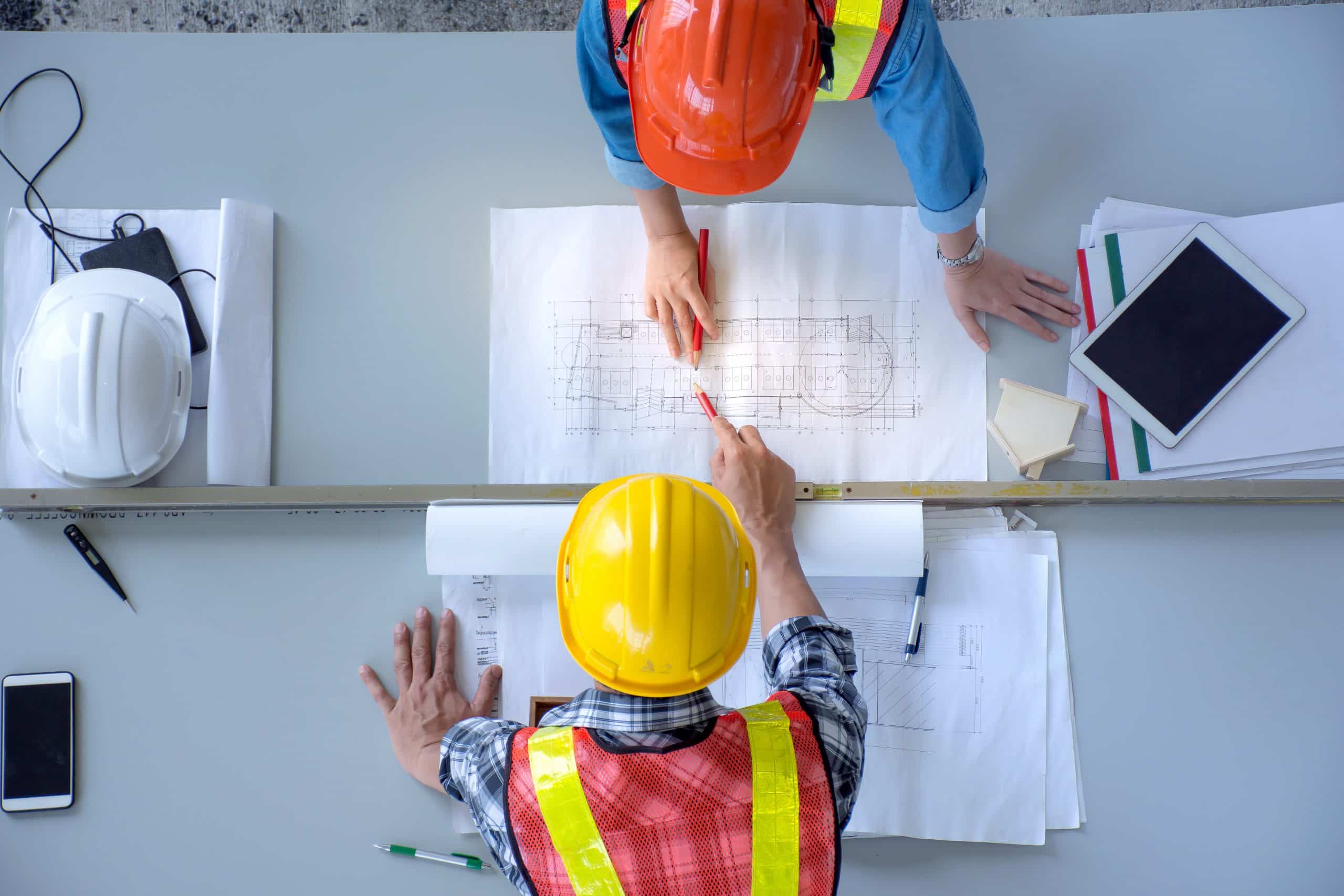

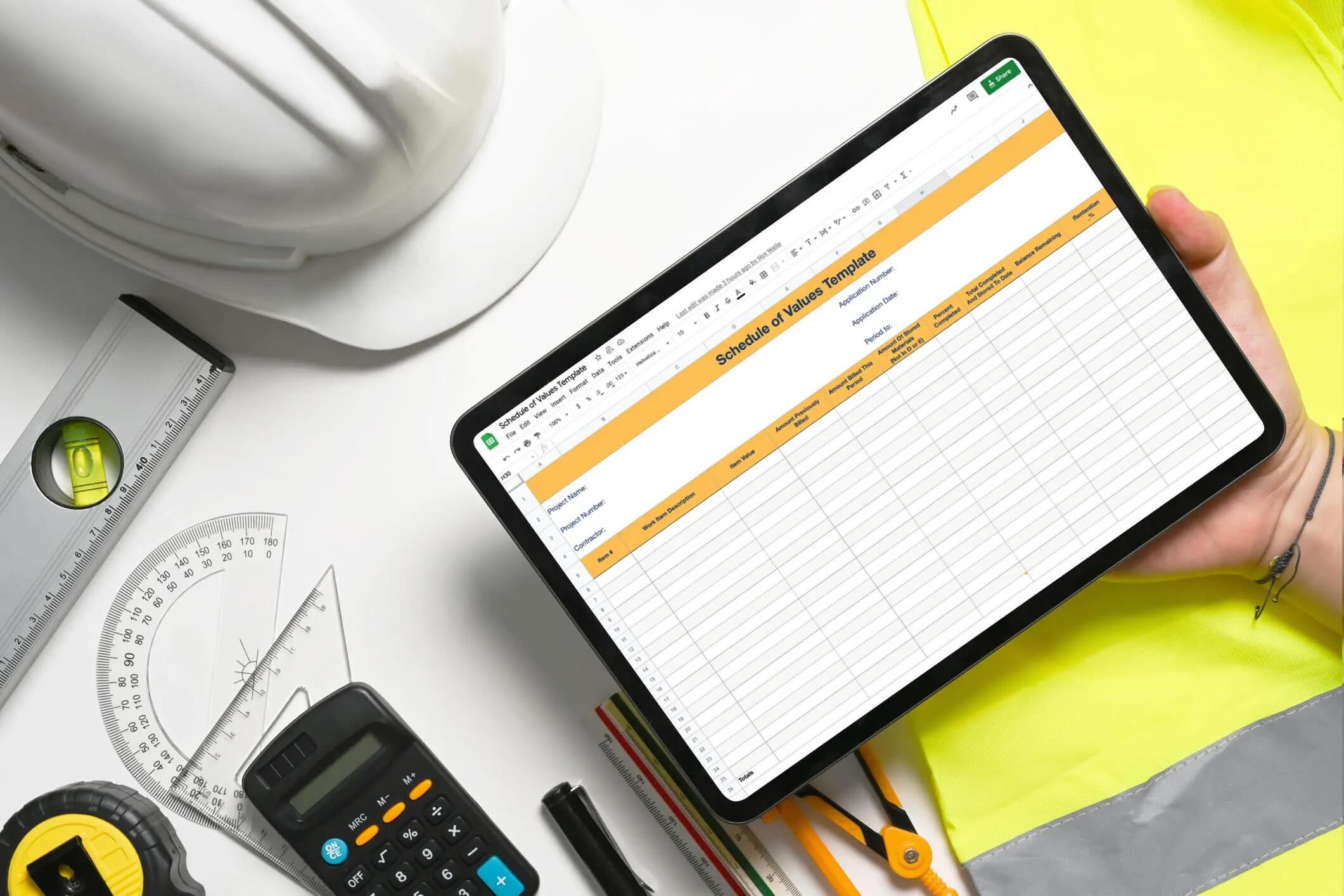

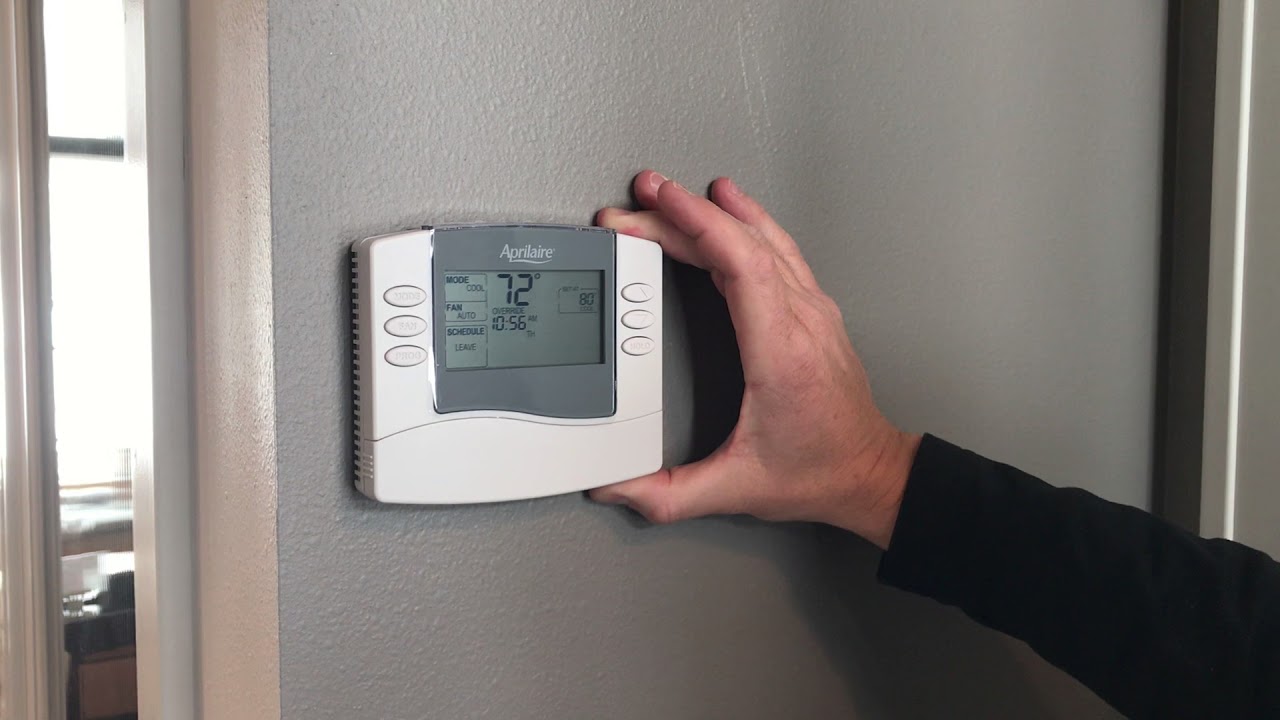

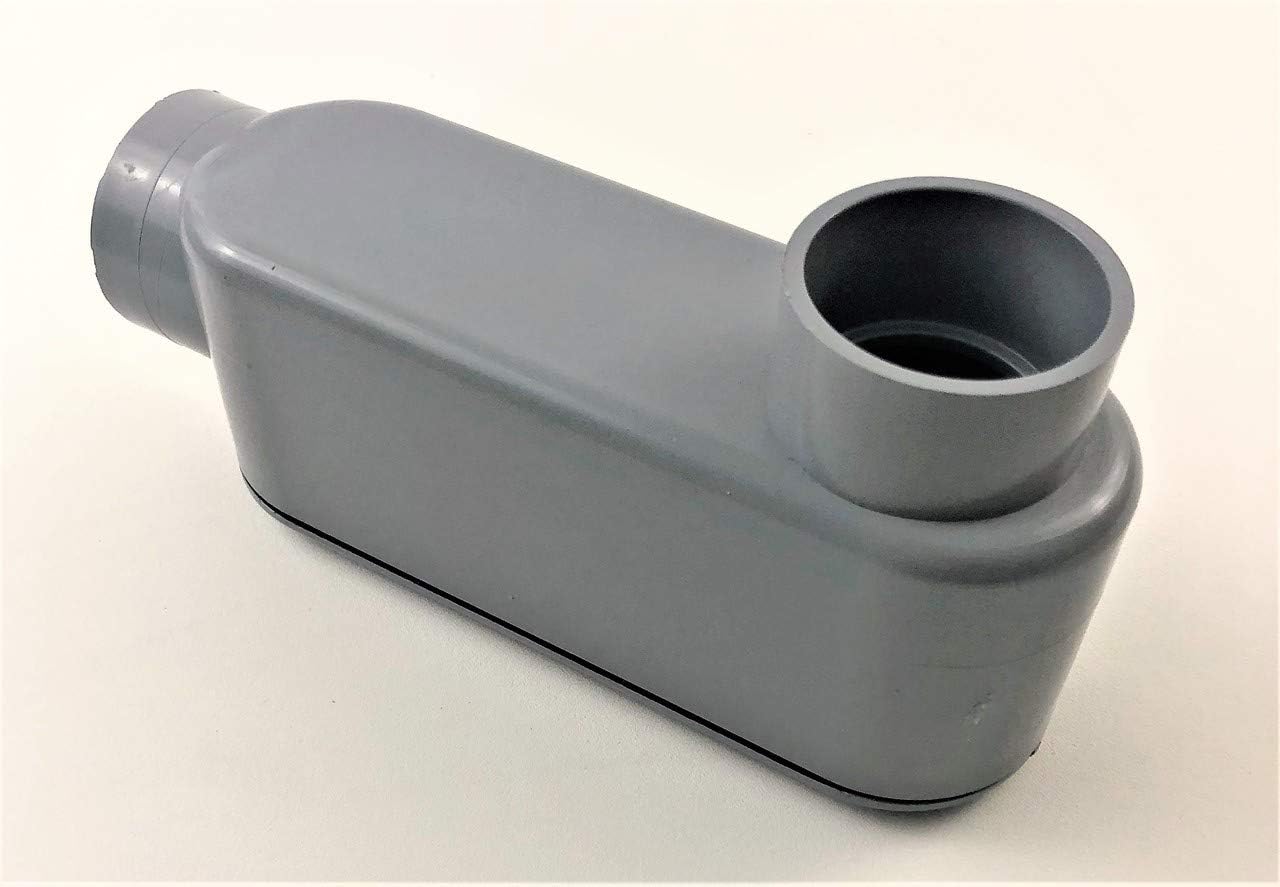
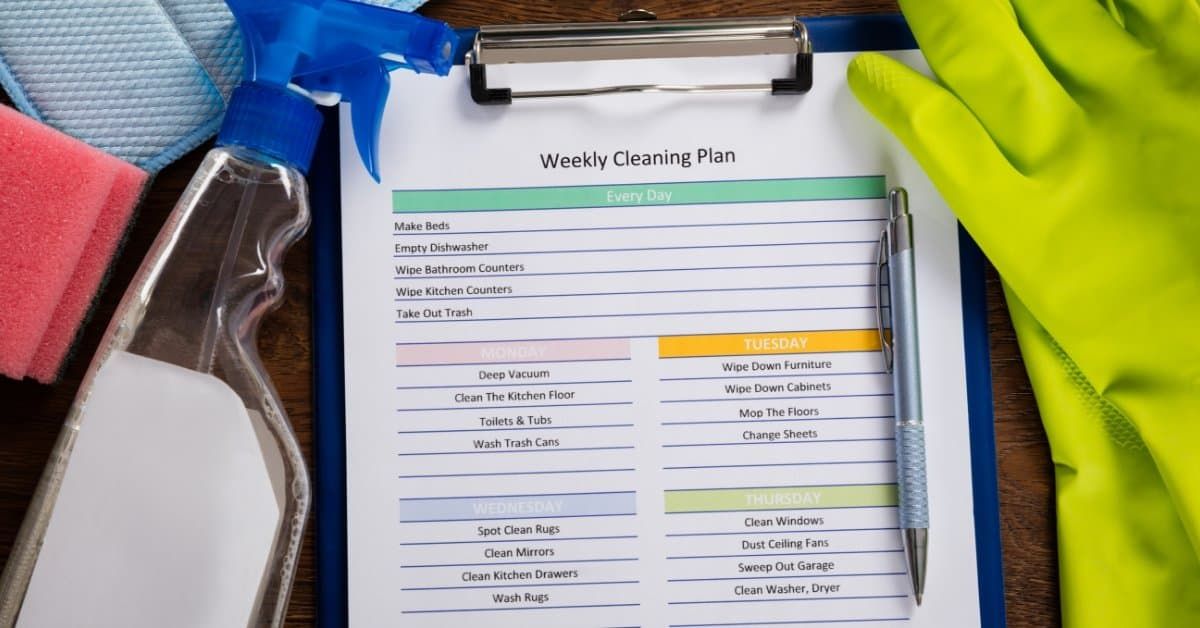
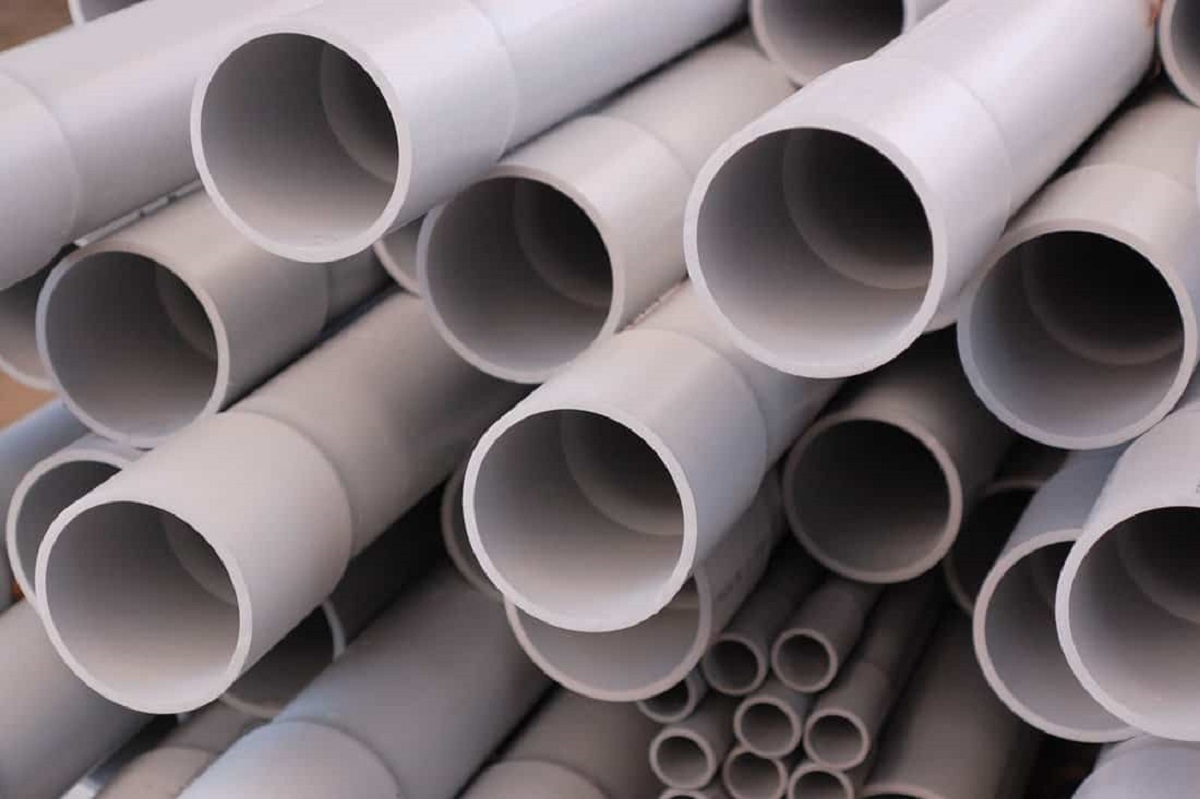

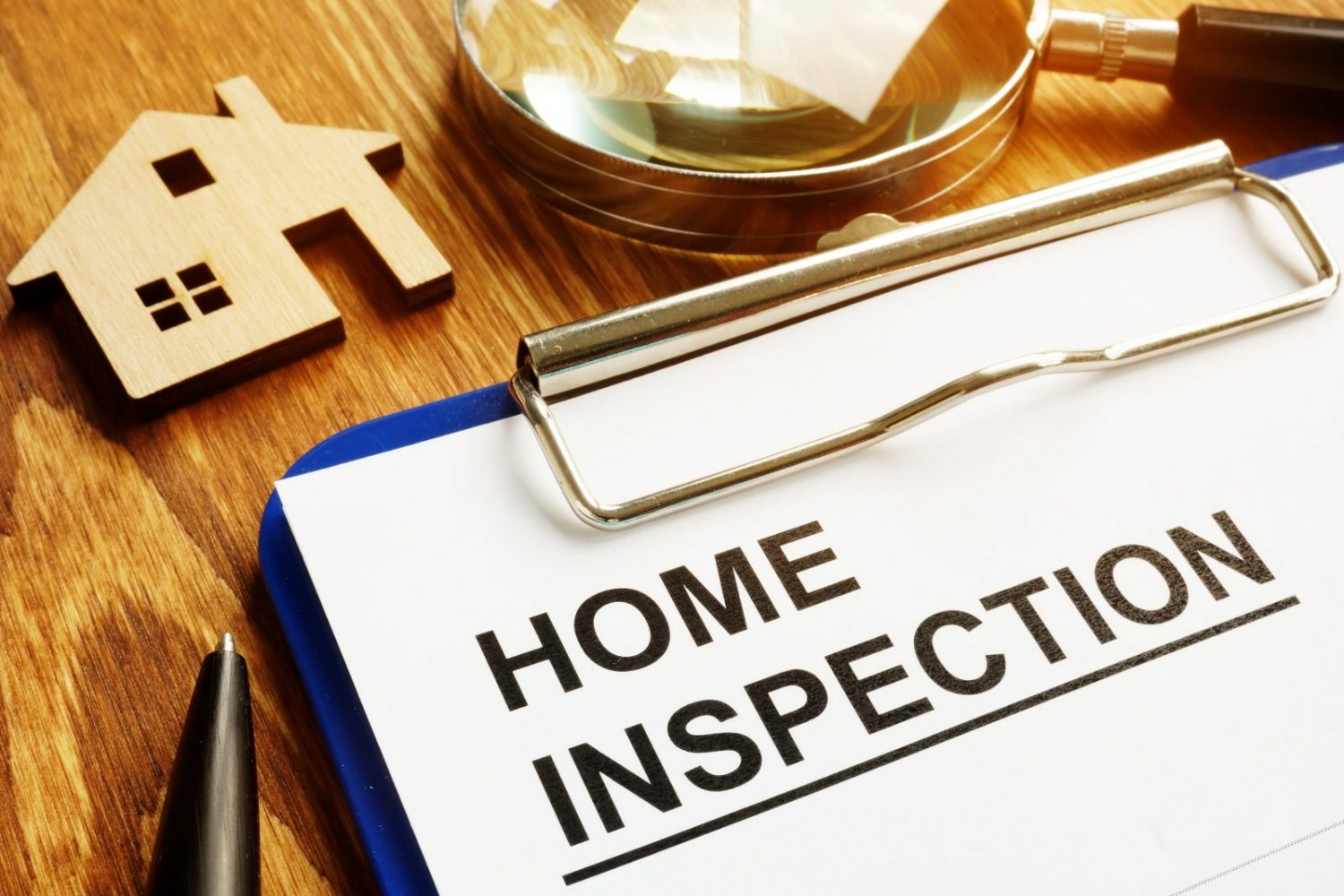

0 thoughts on “How To Schedule A Home Inspection”